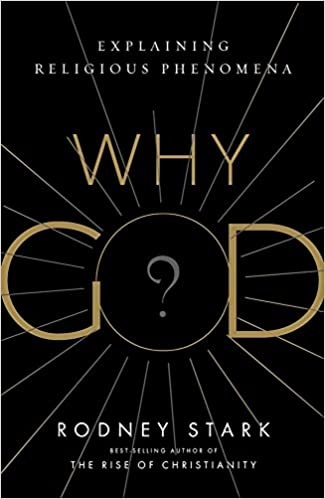Ask a Philosopher: Humility
I often get questions in emails about my blog or books. I have been replying to these on email but decided I might also start posting answers as part of…
Discussion: God and nothing
I remember hearing an interview that ran along these lines. One person had just written a book about how the universe can come from nothing (which turns out to mean…
God and Truth VI Talk Overview
This is an outline of my talk from the God and Truth VI panel: I would like to argue three things. First, a common false dichotomy; second, the meaning of…
God and Truth VI
Join us on Tuesday, Oct 23, for God and Truth VI. This year we will discuss how to find meaning. Can nihilism be avoided if we deny that there is…
Knowledge and Proof
Knowledge and Proof I overheard this discussion today (only slightly fictionalized): Tim: You can do what is right without being able to prove it is right, otherwise 98% of people…
Reason and Faith
I recently gave a talk titled “What is Reason?” This might seem very abstract and it is. I am asking for a definition of “reason” in itself, not reason as…
The Value of Philosophy
For one of my classes we read Bertrand Russell’s The Value of Philosophy. In this work he considers a number of benefits that come from the study of philosophy. The one…
Hume’s Dialogues Concerning Natural Religion
From one of my lectures: Hume’s “Dialogues Concerning Natural Religion” involve three fictional speakers named Philo, Demea, and Cleanthes. These three discuss natural theology, or what can be known about…
Book Review: Why God? Explaining Religious Phenomena by Rodney Stark
Book review: Originally posted: Why God? Explaining Religious Phenomena, Rodney Stark, Templeton Press, 2017 (ISBN 978-1-59947-520-2), viii + 296 pp., hb $24.99
In his newest book, Rodney Stark addresses two main questions and provides us with a scientific method for answering these questions. The questions are: (1) what is religion, and (2) is religion disappearing from world history. To answer these questions, he provides us with an account of what it means for a theory to be scientific and how the most popular scholarly definitions of religion fall far short of this goal. Some of them he labels scurrilous metaphors at best, all of them are godless in that they attempt to define religion without reference to God where Stark believes this will fail. Stark defines his own approach in contrast to the most widely used definitions and methods found in religious studies today. For instance, he considers the popular definition of religion given by Emile Durkheim: Religion is a unified system of beliefs and practices relative to sacred things, that is to say, things set apart and forbidden – beliefs and practices which unite into one single moral community called a Church and all those who adhere to them. (p. 2)
Renewing Philosophy
Is there a need to renew philosophy and its pursuits? I’ve suggested some ways that there are in the description of renewal philosophy. Now I’d like to think about ways…
